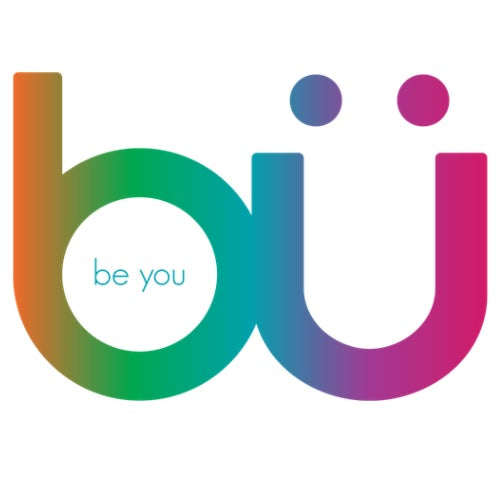
From Tanning to Sun Safety: My Journey with Skin Cancer and Sunscreen
It's ironic that I, the young man who loved the sun and worked on the perfect tan for many years, has spent the last 30+ years protecting people from sunburns and potentially skin cancer.
The Love for Tanning: A Dangerous Start
In my teens and 20s, I spent as much time as possible in the sun, trying to get tanned—even in the snow (using a sunscreen that advertised "leaving you honey bronced and very very desirable" but they probably meant "bronzed"). Having a tan felt important because I thought I "stood out" with it. Living in Canada, I'd even use tanning beds in winter for a base before family trips to Hawaii. This was before I knew the damaging effects of indoor tanning beds on the skin.
Summers were no better. I used baby oil to get completely burnt, believing that it would "turn into a tan." I thought I was invincible. Little did I know, I was causing significant damage to my skin and overall health.
Realizing the Risks: How Sunscreen Changed My Life
Everything changed when I had a medical scare before my 30th birthday. I wasn’t just harming my skin; years of exposure to the sun, paired with a decade of importing and sampling alcoholic beverages, was taking a toll on my liver too.
I still loved outdoor activities like hiking, beach volleyball, and golf. But I hated greasy sunscreens. In 1994, with the help of my partner (now wife, Josie), who had experience in skincare (working with the Estee Lauder group) and sports medicine (from the founders of the UBC sports medicine clinic), we set out to develop a sunscreen athletes would love—something light, breathable, and non-goopy.
Working with brilliant chemists and doctors, we developed a sunscreen formula that even I would use every day. Athletes loved it because it wasn't thick, and it let their skin breathe.
The Importance of Daily SPF for Athletes and Outdoor Lovers
A molecular geneticist on our Scientific Advisory Board in 1997 told me that daily use of SPF 30 could reduce the risk of precancerous lesions. I abused my skin for years, but now I had a formula I could wear every day, and I did.
For athletes and outdoor enthusiasts, the risks of sun exposure are real. While exercise lowers the incidence of most diseases, one risk remains high: skin cancer. Using sunscreen is crucial for anyone who spends time outdoors.
Want to know more about why sunscreen is important for athletes? Read this blog post on Sun Protection for Athletes (https://www.busunscreen.com/blogs/news/study-shows-young-athletes-ignore-skin-cancer-risk?_pos=3&_sid=d8a6b4931&_ss=r)
Skin Cancer Scare and Prevention: Lessons from Experts
Pre-COVID, in 2017, I visited a dermatologist about a suspicious mole. After a biopsy, I found out I had basal cell carcinoma. This was a direct result of my sun habits from 15-20 years earlier. Fortunately, I caught it early, and after some cutting and stitches, I began regular skin checks.
Skipping a couple of checkups during the pandemic, I resumed yearly skin checks post-COVID, and as of 2022, knock on wood—no new issues. I'm thankful to Dr. Glickman and Dr. Clement, whose advice on sun protection and athletes’ higher risk for skin cancer has been life-saving.
If you're worried about your skin or spend lots of time outdoors, make sure you schedule regular skin cancer screenings.
Need more information on skin cancer prevention? Check out the Melanoma Research Alliance (https://www.curemelanoma.org)
My journey from tanning enthusiast to sunscreen advocate has taught me valuable lessons. Sun damage can show up decades later, and prevention is key. I encourage everyone to use sunscreen daily, no matter your skin type or activity level.
Visit BU Sunscreen to learn more about our products designed for athletes and outdoor lovers. (https://www.busunscreen.com)
Want to book a skin check? Find out more here (https://www.aad.org/).












